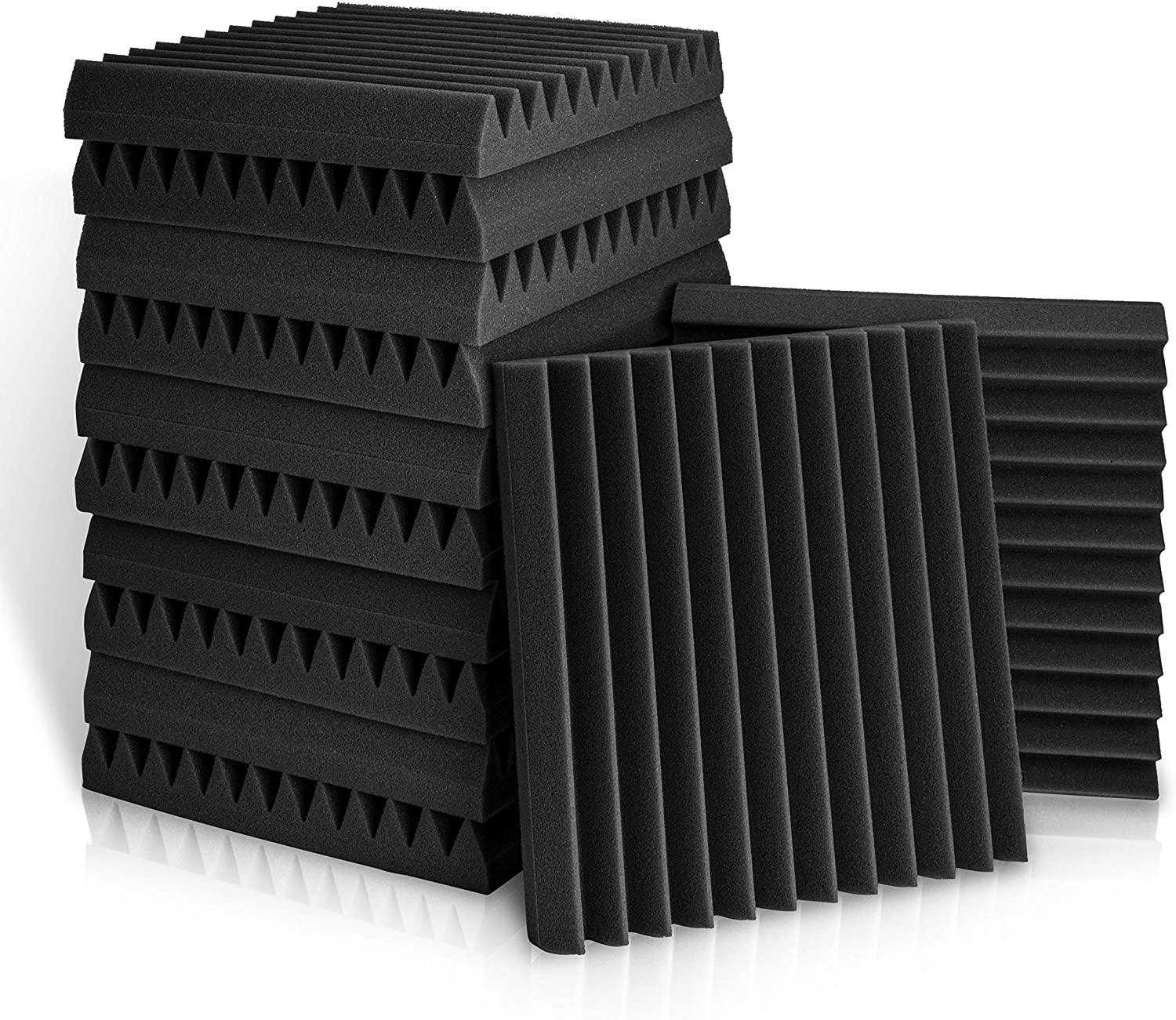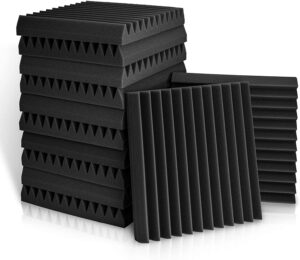
Introduction:
Power plants, substations, and water treatment facilities, for example, are crucial to the functioning of our modern
society. However, these facilities frequently produce high noise levels, which can have a detrimental effect on both
the employees and the neighborhood. This blog post will discuss the importance of noise control panels for
energy and utility facilities as well as how they may effectively reduce noise pollution in these settings.

Protecting Worker Health and Safety:
The well-being of workers in energy and utility facilities is paramount. These facilities are often characterized by
loud machinery, equipment, and industrial processes that produce high levels of noise. Prolonged exposure to
excessive noise can lead to hearing damage, stress, fatigue, and other health issues. Noise control panels act as a
barrier, absorbing and reducing noise levels, thereby protecting the hearing health of workers. By installing these
panels in critical areas or machinery enclosures, energy and utilities facilities can create a safer and more
comfortable working environment, improving worker productivity and reducing the risk of noise-induced injuries.
Compliance with Noise Regulations:
Energy and utilities facilities are subject to various noise regulations and standards imposed by local authorities.
These regulations aim to limit noise pollution and ensure the well-being of nearby residents. Failure to comply with
these regulations can result in fines, legal implications, and damage to the facility's reputation. Noise control
panels play a vital role in meeting these regulatory requirements by reducing noise emissions. These panels can be
strategically placed in areas where noise is generated or transmitted, effectively reducing sound transmission to
surrounding areas. By implementing noise control measures, energy and utilities facilities can demonstrate their
commitment to environmental responsibility and community welfare.
Improved Community Relations:
Energy and utilities facilities often coexist with residential areas or commercial spaces. Excessive noise from these
facilities can create a disturbance and strain community relations. By installing noise control panels, the facility can
minimize noise propagation, reducing the impact on neighboring properties. This fosters positive community
relations and helps maintain a harmonious coexistence. Noise control panels demonstrate the facility's
commitment to being a good neighbor, enhancing their reputation and minimizing conflicts arising from noise-
related issues.
Enhanced Equipment Performance:
Noise control panels not only benefit human occupants but also contribute to the overall performance and
reliability of equipment in energy and utilities facilities. High noise levels can cause vibrations and resonance,
leading to increased wear and tear on machinery. By effectively reducing noise, these panels help mitigate
vibrations, ensuring smoother operation and prolonging the lifespan of critical equipment. By maintaining optimal
working conditions for machinery, noise control panels contribute to increased efficiency, reduced maintenance
costs, and improved overall performance of the facility.
Conclusion:
Noise control panels are essential for energy and utilities facilities, offering benefits such as worker health and
safety, compliance with noise regulations, improved community relations, and enhanced equipment performance.
By implementing these panels, facilities can create a quieter and more sustainable operational environment,
benefiting both the workers and the surrounding community.



